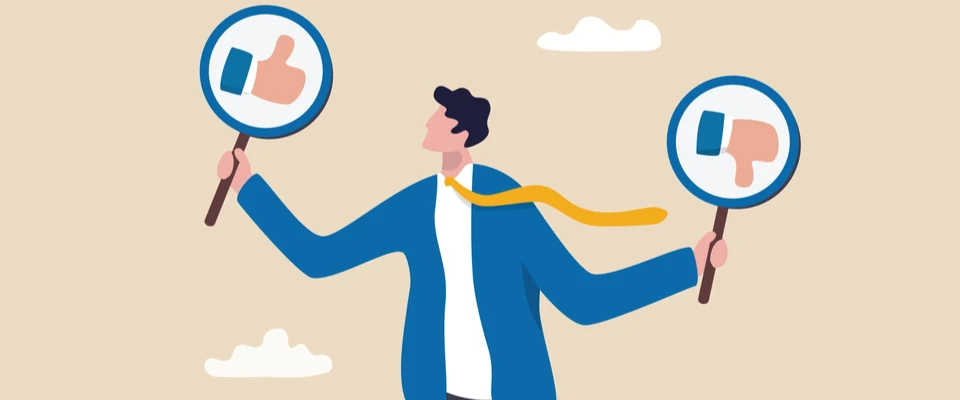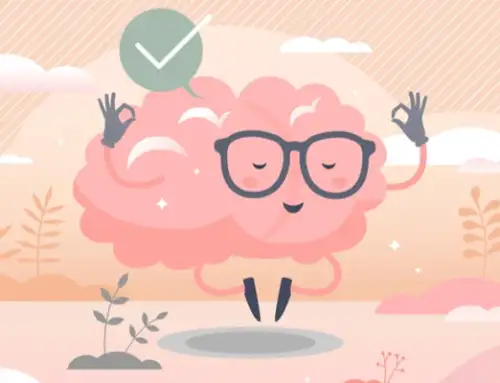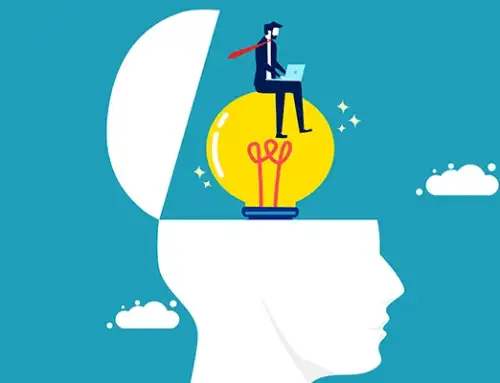Neuroscience: 3 Good Study Habits
Understanding how the brain functions during learning can lead us to rethink not only our teaching methods but also our study habits. While class attendance is essential, it is equally crucial to adopt effective study strategies to succeed. Thanks to advances in neuroscience, we now know that not all study methods are equal; some, although practiced for generations, can be counterproductive, while others, less well-known, are decidedly worth adopting. Here are three good study habits highlighted by neuroscience.
Choose Reactivation Over Repetition
At the cerebral level, all learning relies on the repetition of neuronal activations related to the targeted learning. However, repeatedly and endlessly rereading a lesson is not the most effective method to stimulate this activation. By re-reading without interruption, neurons are less stimulated, and we may feel that studying becomes more manageable but also more monotonous and demotivating. When this happens, it is better to take a break and return to the material after an interval of ideally 24 hours for the first sessions.
A much more effective method to stimulate neuronal activation is retrieval practice, which involves searching in your mind for learned but unconsolidated information, making it travel from long-term memory to working memory. After re-reading your notes, test your memory by trying to recall the information covered, by writing them down, reformulating concepts, or solving problems. Before tackling more complex concepts, it’s better to start by practicing retrieval of their basic notions; otherwise, there is a risk of cognitive overload.
Obtain Feedback
When practicing retrieval, it’s essential to check your answers. This feedback step signals to the brain that the information has been properly encoded or, on the contrary, that it is incorrect, which helps avoid reinforcing errors. The real problem doesn’t lie in a wrong answer corrected by feedback but in believing that you know the correct answer without correcting yourself or being corrected—this is particularly risky when studying alone.
Rather than directly giving the correct answer, the teacher or person responsible for feedback should guide the learner by encouraging them to find the solution themselves and providing clues. Indeed, it is by actively searching in one’s memory that neuronal connections are reactivated. There are two types of feedback:
- Positive: It confirms a correct answer and generates a feeling of satisfaction (thanks to the release of dopamine), which motivates reproducing the correct behaviour.
- “Negative” or Corrective: It corrects an incorrect answer and often generates surprise in the learner—a feeling that promotes encoding of the learning. However, for this to be effective, the learner must have access to clear explanations of their error.
Continue Learning Until Overlearning
It is common to believe oneself ready for an exam and to stop studying as soon as a satisfactory performance level is reached. Yet, it is wise to continue working at this point, a process known as overlearning. Even if it seems contradictory to the first point, it is not. While the first point was about the ease one ends up feeling during the same study session, in this case, we are talking about mastery that comes after several sessions (well-spaced over time, it should be noted).
Overlearning reinforces neuronal connections related to the targeted learning and consolidates this knowledge in the long term, reducing the risk of forgetting. It also promotes deeper learning, as the prefrontal cortex—responsible for higher cognitive functions like working memory and reasoning—is less solicited once knowledge is automated. This frees up space to explore more complex concepts, make links between old and new information, and think at deeper levels. Thus, once a subject is mastered, it is advisable to continue learning, notably by continuing to practice retrieval while stopping when the chosen angle becomes too easy.
Sources:
-
Eriksson et al., Rewiring the brain with repeated retrieval: a parametric fMRI study of the testing effect, 2011.
-
Vestergren et Nyberg, Testing alters brain activity during subsequent restudy: Evidence for test-potentiated encoding, 2013.
-
Zaromb et Roediger, The testing effect in free recall is associated with enhanced organizational processes, 2010.
-
Adesope et al., Rethinking the Use of Tests: A Meta-Analysis of Practice Testing, 2017.
-
Riviera et al., Developmental changes in mental arithmetic: evidence for increased functional specialization in the left inferior parietal cortex, 2005.
-
Wagner et al., Building Memories: Remembering and Forgetting of Verbal Experiences as Predicted by Brain Activity, 1998.
-
Steve Masson – Cerveau et apprentissage
-
Dossier Les super pouvoirs du cerveau du Sciences et Avenir, septembre 2021.



